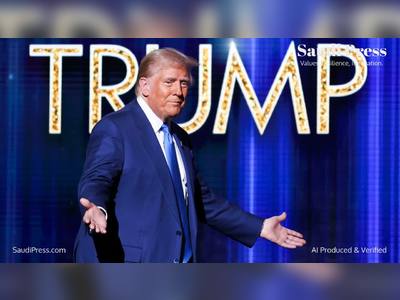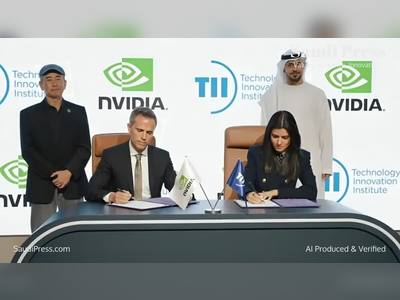Electronic Arts to Be Taken Private in Historic $55 Billion Buyout
Electronic Arts Inc. has agreed to a definitive deal to go private in a historic acquisition valued at $55 billion, led by Saudi Arabia’s Public Investment Fund (PIF), Silver Lake, and Affinity Partners. The offer equates to $210 per share, representing a premium over the stock’s recent closing price. The transaction, which would be the largest leveraged buyout in history, is expected to close in the first quarter of EA’s fiscal year 2027, pending regulatory and shareholder approvals.
The consortium will provide approximately $36 billion in equity and secure $20 billion in debt financing, the bulk of which — $18 billion — is expected to be drawn at closing. PIF will roll over its existing nearly 9.9 percent stake in EA, and the governance structure post-deal will ensure executive continuity: EA will remain headquartered in Redwood City, California, and its current CEO, Andrew Wilson, will stay in place.
EA’s board unanimously backed the transaction, citing the opportunity for the company to be liberated from public market pressures and to pursue long-term creative investments, particularly in its sports franchises and the impending Battlefield 6 release. Analysts note that the deal places a heavy bet on EA’s ability to generate over $2 billion in new annual bookings by fiscal 2028. They also caution that the offer may undervalue EA’s future growth trajectory and that regulatory scrutiny — especially over foreign ownership in a strategic sector — could be a hurdle.
Shareholders will have a window to submit competing proposals before a one-year “no-shop” period begins. The agreement includes reciprocal $1 billion termination fees if either party terminates under specified conditions. Several firms have already launched investigations into whether EA’s board breached fiduciary duty in approving the sale.
The move caps EA’s 36-year history as a publicly traded company and underscores a broader consolidation trend in the video-games sector. Backed by sovereign and private capital, the deal reflects investor confidence in marquee gaming IPs and their resilience amid volatile consumer spending.
If it proceeds as planned, the transaction would eclipse prior record buyouts and reset expectations for how mature tech and entertainment firms govern capital structure shifts in the private markets.










